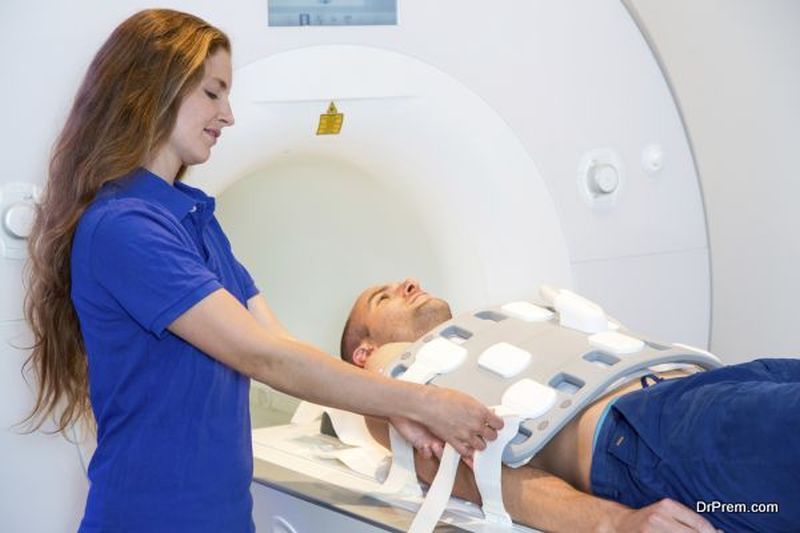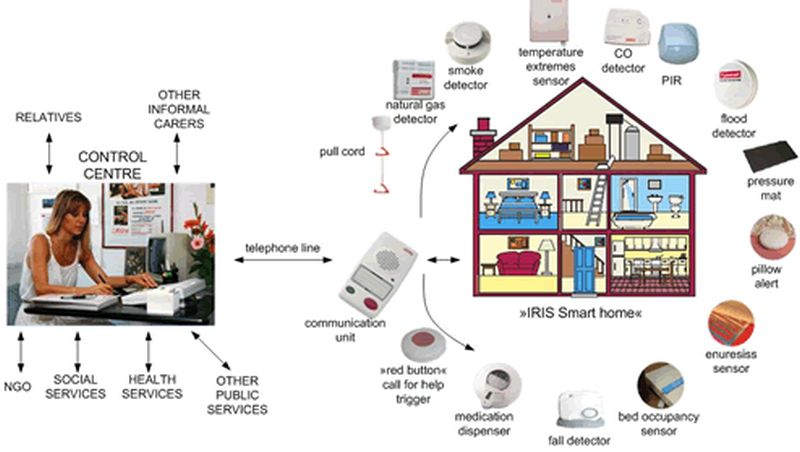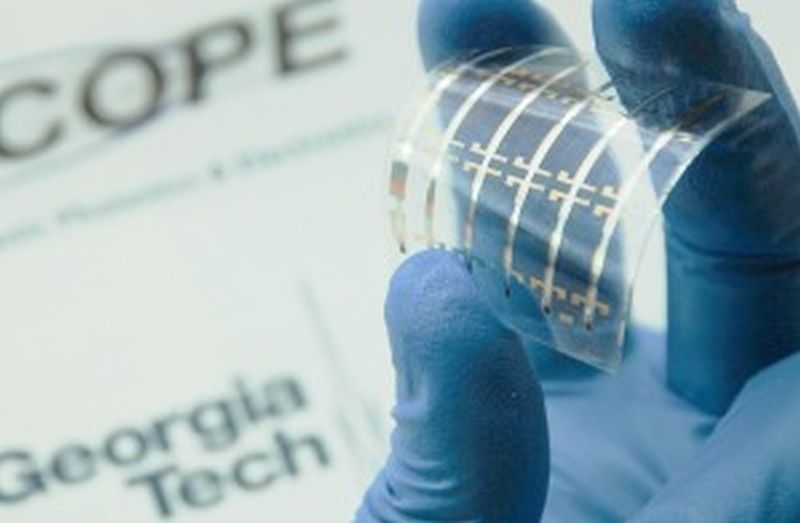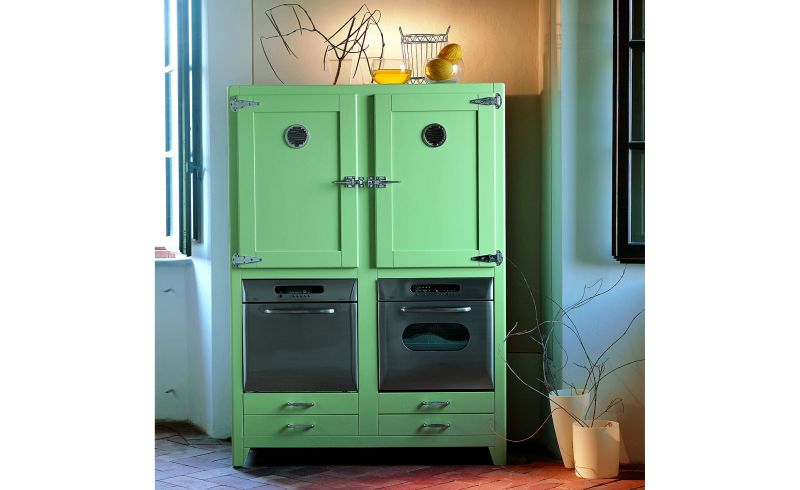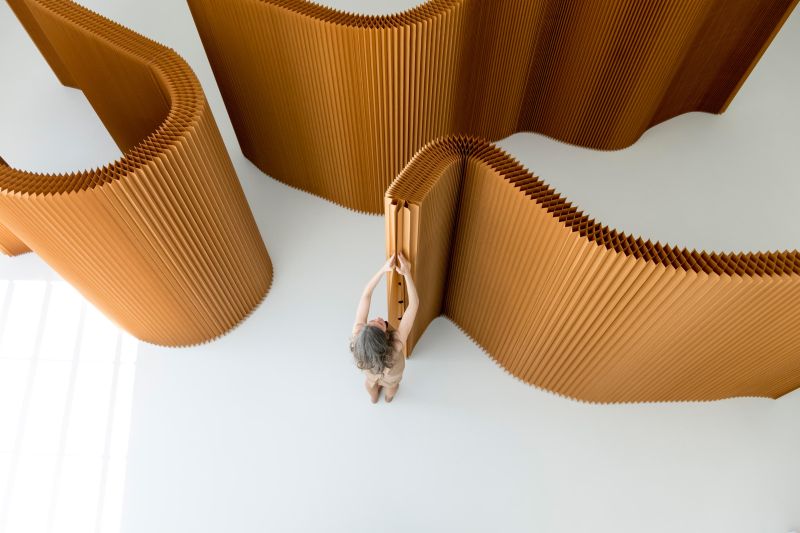With the cost of living rising on a daily basis, healthcare costs are also on the rise and that is another major concern for a lot of people. People living in countries where there are limited options for healthcare benefits and expenses are finding it very difficult to cope with the costs.
Although in a few countries, there are various benefits that are offered for various healthcare services, even then, the people are finding it difficult to cope with the costs. This is including the services where hospitals also accept Medicare plans or policies and other government funded programs.
A look at the recent research on the yearly figures of hospital trips
The CDC or Centers for Disease Control and Prevention had conducted a research recently where in it was seen that only in the US, the average number of trips made to the hospital on a yearly basis was close to 136.6 million. The costs incurred just by going the ER ranged in between $1500 to $2500. With these figures you can clearly understand how critical healthcare services are and the reasons why it is becoming a concern.
Further on, the research also highlighted that the number of visits which could have been avoided was close to 100 million while 40.2 ER visits were related to various injuries. A simple visit to the doctor’s office is a lot more cheaper than a visit to the ER and it is not just in the US but even in other countries, companies and experts are coming together to come up with ways to help reduce the number of visits to the hospital as well as reduce the costs incurred for healthcare services.
The solution – Smart Medical Homes
One of the solutions that were provided was to come up with Smart Medical Homes. These are homes that are specially designed to keep a track of the person’s health and send out the necessary alerts and notifications to the doctor whenever there is a need. Even the doctors can access the medical information of the patient easily through the information transited to healthcare workers.
Presently you do have the aspect of healthcare covered in the different devices that are there in the market. These devices are programmed to cater to different needs of people and professionals however; they are focused on a particular task or diagnosis. With the smart medical homes, it is not just devices but there will be other services and analysis that can be availed directly from home.
This will help in the prevention of many diseases since these sensors/technologies can detect them while they are at their early stages. This will also help in the reduction of the costs incurred for healthcare services. Even the clothes or shoes of a person will have sensors that will help keep a track of the health of a person. In case there is a minor change in the body pattern where the system/sensor feels there is a medical problem, it will send out an alert to the doctor and if needed will also request medical assistance as soon as possible.
The smart medical home is a combination of a smart home which is patient centric and can be customized based on the patient’s medical condition and/or need. The one catch here is that the patient would need to ensure that they have a good and reliable internet connection to ensure that everything goes smoothly.
This will also be important to ensure that the relevant data is sent out whenever needed or whenever it is requested. What is even more important is that the sensors/ systems or technology should be designed keeping in mind not just a particular disease but even the generic health of the person.
Let us have a look at some of the technologies or sensors that could be found in a medical home
Gait Monitors
This can be used to track the walking patterns of a patient and make the relevant analysis based on the comparison of the readings. These monitors can also let a person know if the reason behind the limp or tell tale shuffling is due to a particular medical condition, a major concern or just a small problem which can be resolved by a good night’s rest. These sensors can also help in the early detection of certain or most diseases while it is at the early stages so the necessary steps can be taken for preventing it.
Special guided technology for individuals with memory problems
For people who have memory problems or even have a habit of forgetting, this will prove to be helpful. In this type technology, it can help in tracking the items that are pre programmed in the system. This includes car keys, coffee cups, eyeglasses, asthma pumps etc. The system can even go ahead and scan the entire body to ensure that the person has taken everything that she/he needs.
Your very own home vital signs reader
This will be a boon for everybody since it can detect the various aspects of the body reading. This includes the blood pressure reading, sugar reading, heart rate, blood analysis etc. It can also help to detect the condition of the lung based on the environment as well as check the quality of the air and make the necessary changes or purifications to ensure that the air is fresh and clean.
Special sensors for Dermatological needs
With the help of 3D printing and scanning, detailed images of various parts of the body and also do the necessary comparison to see if there are changes. It can also help in the detection of various skin related problems or diseases during the initial stages.
Bacteria evaluation Smart Bandages
Another cool technology, smart bandages can be used to evaluate the type of bacteria there is inside a wound. It can also help in detection the various risks or problems that can be incurred due to them. If there is a need, it can also alert the person to seek medical attention immediately to prevent further infection.



